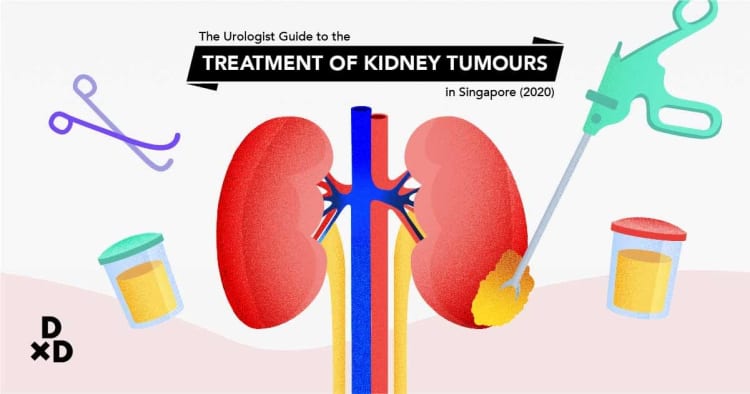People with diabetes have a greater risk of developing other chronic problems affecting the eyes, kidneys, heart, brain, feet, and nerves.
Amongst all, your kidneys are especially vulnerable. If you don't control your blood sugar levels well, it can ultimately lead to kidney failure.
Dr Francisco Salcido-Ochoa, who specialises in treating chronic kidney diseases, explains how diabetes can cause kidney failure and what you can do about it.
Diabetes is the most common cause of kidney failure
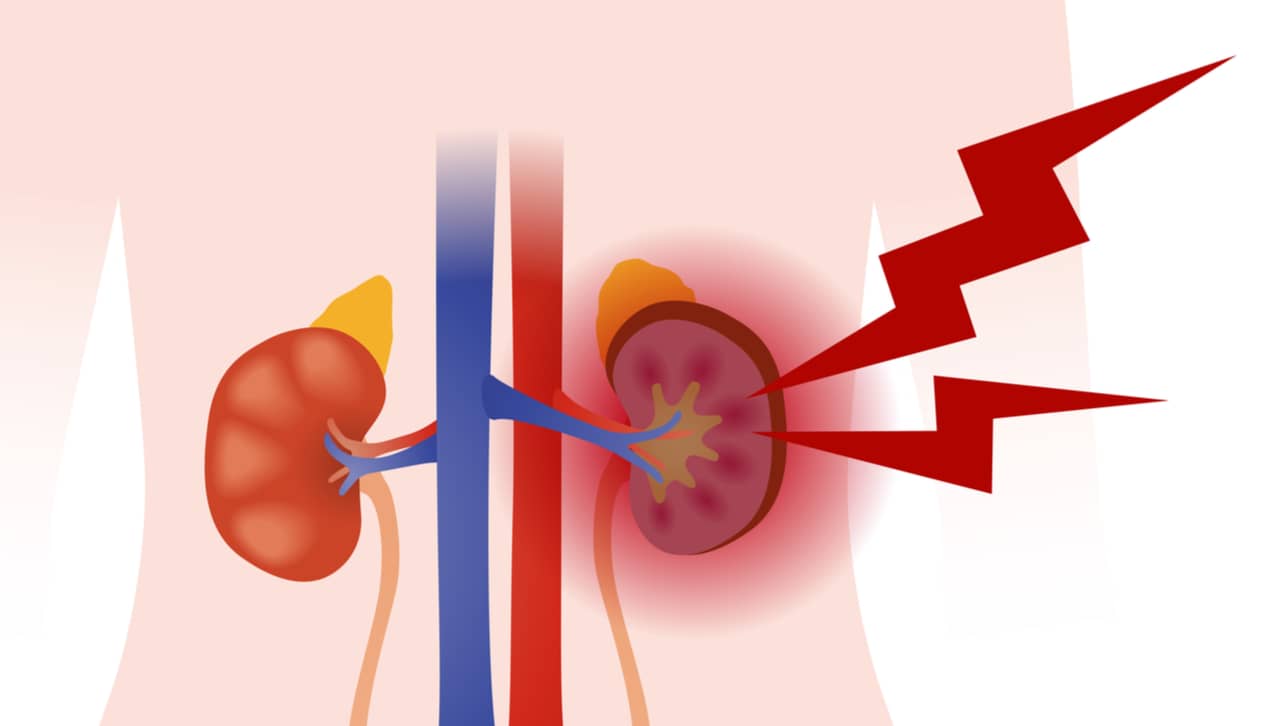
According to Dr Francisco, diabetes is the most common cause of total kidney failure worldwide.
About 40% of patients with diabetes will develop kidney problems, typically progressing to total kidney failure. At this point, dialysis or kidney transplants are needed to keep patients alive. [1]
What is diabetic kidney disease?
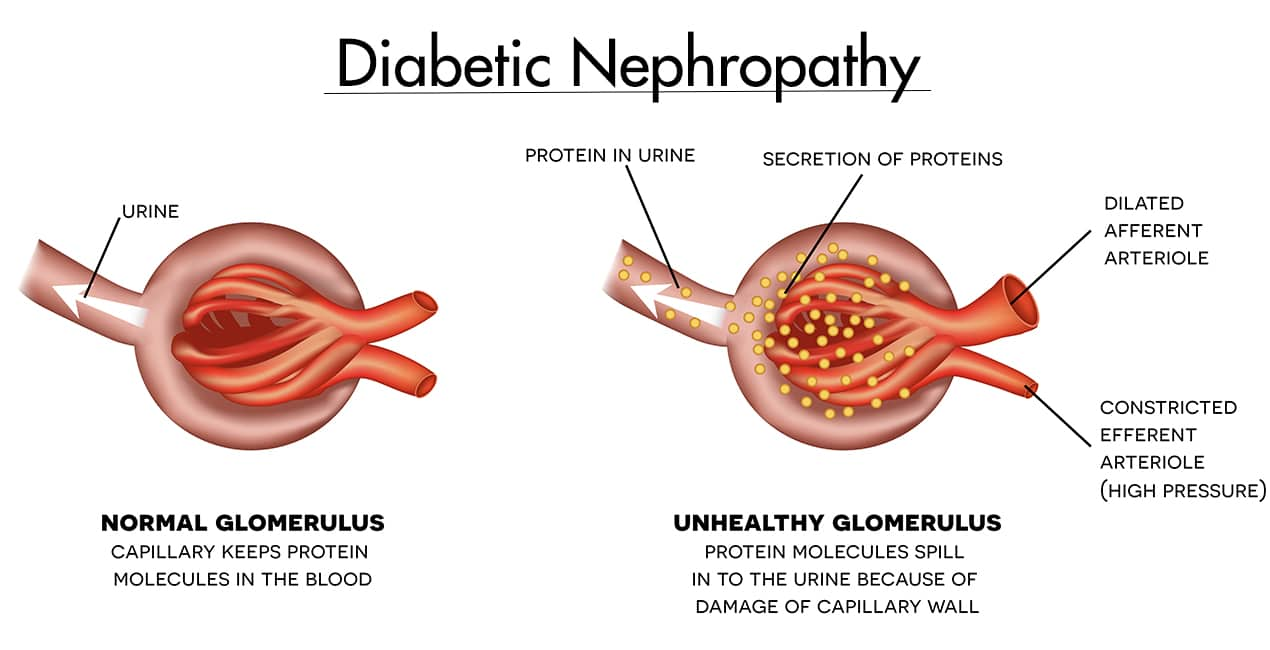
Diabetic nephropathy (diabetic kidney disease) occurs in both types of diabetes and is a serious kidney-related complication. This condition impairs the part of your kidney that filters your blood, allowing protein into your urine.
If your blood sugar level remains high, it might eventually lead to progressive scarring of the kidneys.
This causes your kidneys to lose their capacity to clean the blood and control body water, with consequent elevation of blood creatinine (a marker of kidney disease) and toxins in the blood.
Your body needs protein for growth and maintenance
The muscles in your body are primarily made of protein. The antibodies that circulate in your system fighting infection are protein. Every cell in your body contains protein!
Healthy kidneys do not allow a significant amount of protein to pass through their filters.
High blood sugar levels can also damage other organs in the long run

Persistently high blood sugar levels brought about by poor diabetic control can also gradually damage many organs in the body that are rich in blood vessels such as the heart, eyes, brain and kidneys. This, in turn, can affect blood circulation to the limbs.
The excess of sugar in the blood will "caramelise" inside the vessels and tissues, causing inflammation, damage and scarring.
Patients with diabetic kidney disease are also at risk of other issues

Many other medical complications are possible when diabetic patients suffer from kidney disease. The risk is even higher with total kidney failure, leading to heart attacks, strokes and other disabilities.
Unfortunately, this ultimately means that the length, as well as quality of life for these patients, is greatly compromised.
Focus on better blood sugar control
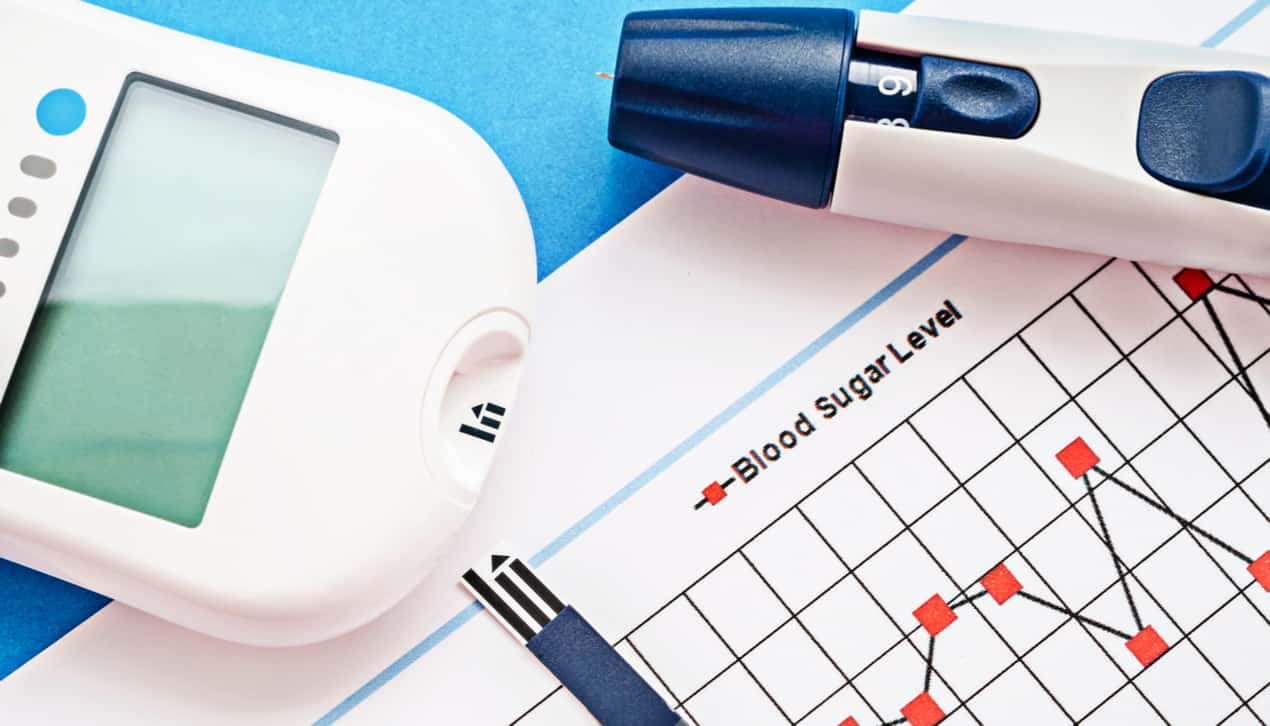
Doctors often recommend better blood sugar control measures to prevent the progression or appearance of diabetic kidney disease.
In addition, good blood sugar control can minimise the risk of other complications such as blindness or amputations.
Maintaining blood sugar levels offers many benefits
Other than reducing the risk of severe complications, good blood sugar level control can also protect the heart from vulnerabilities and reduce blood cholesterol or uric acid.
It'll also help patients with losing and maintaining weight and contribute to a better quality of life.
It's never too late to improve sugar control

There's never a point in time that sugar control won't improve, prevent or slow down the progression of diabetic kidney disease.
The impact on a patient's health directly correlates to how well he or she manages sugar levels at all times. By controlling high blood pressure, weight, high cholesterol and other issues, improvement can be optimised.
Diet, medication and smoking all play roles in reducing the issue
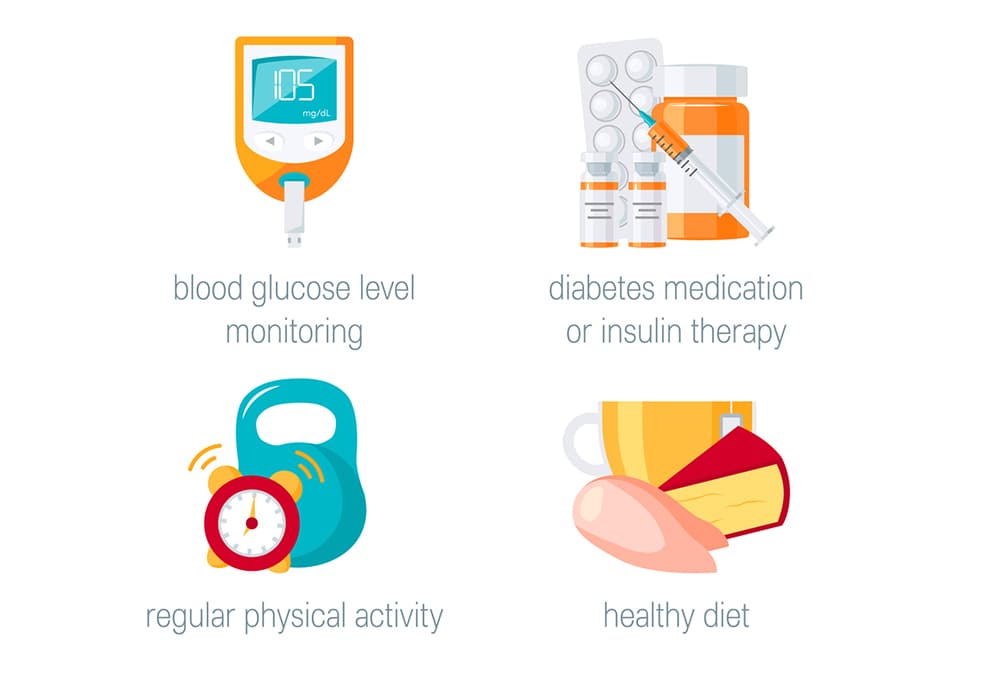
If the situation is severe, doctors may give patients medication to (at least partially) protect the kidneys from rapid damage.
They may also advise patients to eat diets that are low in protein and salt which can lead to further complications and to avoid bad habits like smoking to help the healing process.
Most of all, diet plays an important part
Better sugar control is a crucial part of managing diabetic patients, however, as important as medications is to diabetics, they aren't a substitute for a well-managed diet.
Medication can, in fact, work better with a healthier diet.
Diet control is a big challenge for many patients

It's tough to watch what you eat all the time but it is a crucial part of maintaining good health.
Advice from doctors and dieticians, combined with a personalised diet that doesn't excessively restrict its users, can all help with the development of a good diet regimen for blood sugar control.
Conclusion
Diabetes can be tough, especially if your kidney and other organs are at risk of being damaged.
It’s important that patients are aware of kidney disease and kidney failure so they can do their part in making sure that their health isn’t severely jeopardised.
Would you like to ask any related health questions?
You can Ask A Doctor right away, or view the complete list of Human Sessions.
Reference:
1. Shahbazian, Heshmatollah and Isa Rezaii. “Diabetic kidney disease; review of the current knowledge” Journal of renal injury prevention vol. 2,2 73-80. Jun. 2013.
2. Lim, Andy Kh. “Diabetic nephropathy - complications and treatment” International journal of nephrology and renovascular disease vol. 7 361-81. Oct 2014.
3. S M Marshall. Recent advances in diabetic nephropathy. Postgraduate Medical Journal. Nov 2004.







